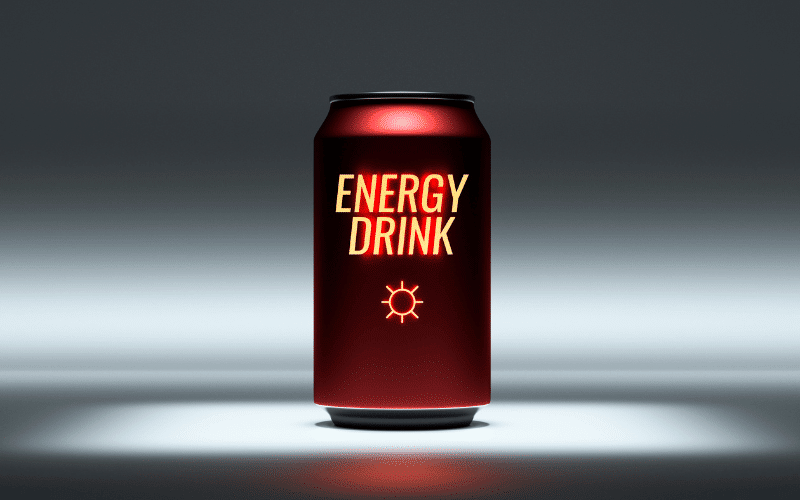Food 17: Energy Drinks

Energy drinks have surged in popularity, thanks in part to their promise of increased energy and improved performance. However, for individuals with afib, the potential risks associated with these drinks far outweigh any perceived benefits.
The main issue with energy drinks is their high caffeine content. Caffeine is a stimulant, and in large amounts, it can cause a significant increase in heart rate and blood pressure. For someone with afib, this sudden change can provoke an episode or worsen existing symptoms.
In addition to caffeine, many energy drinks contain other stimulants like taurine and guarana. These ingredients can have similar effects on heart rate and blood pressure, increasing the risk of an afib episode.
Additionally, energy drinks are often high in sugar, contributing to weight gain and increasing the risk of type 2 diabetes and heart disease. Even “sugar-free” versions of these drinks can pose risks due to their high levels of artificial sweeteners. Some research suggests that artificial sweeteners can affect heart rate and rhythm, though more studies are needed to fully understand this relationship.
Finally, the effects of energy drinks can be even more potent when combined with alcohol, a common practice among younger consumers. This combination can cause significant increases in heart rate and blood pressure and has been linked to several cases of heart-related issues.
Given these risks, individuals with afib are advised to avoid energy drinks. Instead, opt for healthier beverages like water, herbal teas, or natural fruit juices. If you’re looking for a boost of energy, consider physical activity or a balanced diet rich in fruits, vegetables, whole grains, and lean proteins. (15)